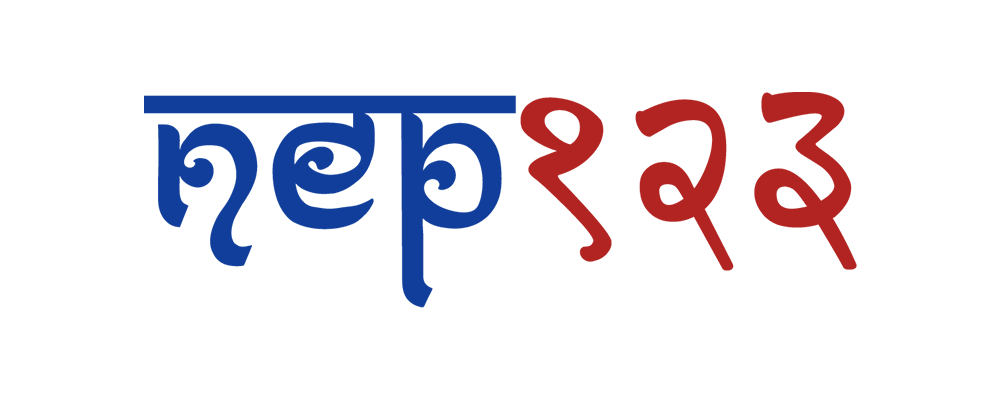From Corruption to Revolution: How Nepal’s New Leaders Are Shaking the System
A new wave of political activism is sweeping across Nepal as a generation of young, reform-minded leaders rise to challenge the country’s long-entrenched system of corruption and inefficiency. Sparked by growing public frustration, these leaders are demanding transparency, accountability, and systemic change in a government historically plagued by scandal and stagnation.
Over the past few months, mass protests, viral social media campaigns, and grassroots movements have mobilized thousands of citizens—especially youth—to take a stand against what many see as decades of political betrayal. From the streets of Kathmandu to remote districts, the message is clear: Nepalis are tired of promises and ready for progress.
One of the most prominent faces of the movement is 31-year-old activist and independent MP Aayush Adhikari, who has gained national attention for publicly confronting high-level corruption in Parliament. “This isn’t just about politics. It’s about dignity,” said Adhikari during a live televised address. “We refuse to be silent while our country’s future is stolen.”
The movement has seen unprecedented unity among students, civil society groups, and even some former bureaucrats who now regret their complicity in past regimes. Meanwhile, the government has responded with a mix of concern and crackdown, arresting several protest leaders under what critics call vague or outdated legal provisions.
International observers have noted the intensity of Nepal’s political awakening. “Nepal is at a critical juncture,” said Meera Johnson, a South Asia analyst at Democracy Watch. “If the momentum continues, it could lead to a complete reshaping of the political landscape.”
While challenges remain—particularly resistance from powerful elites—the movement is gaining ground. For many Nepalis, this is no longer just a protest. It’s a revolution.
